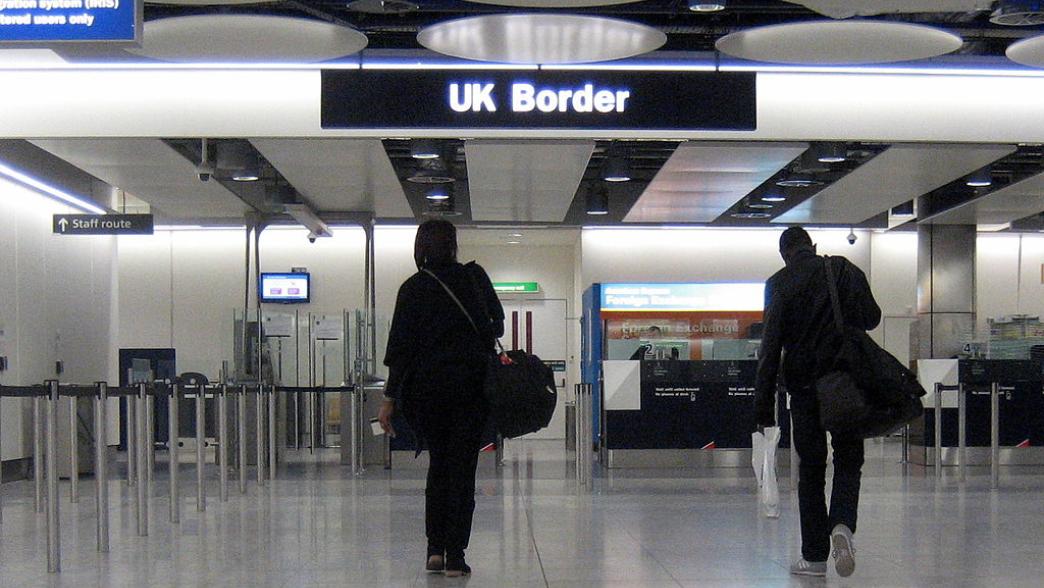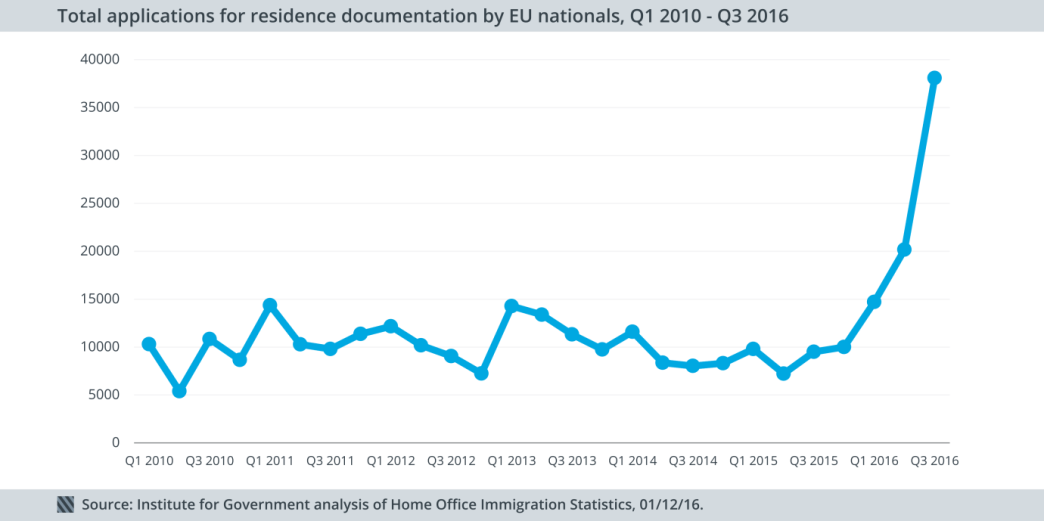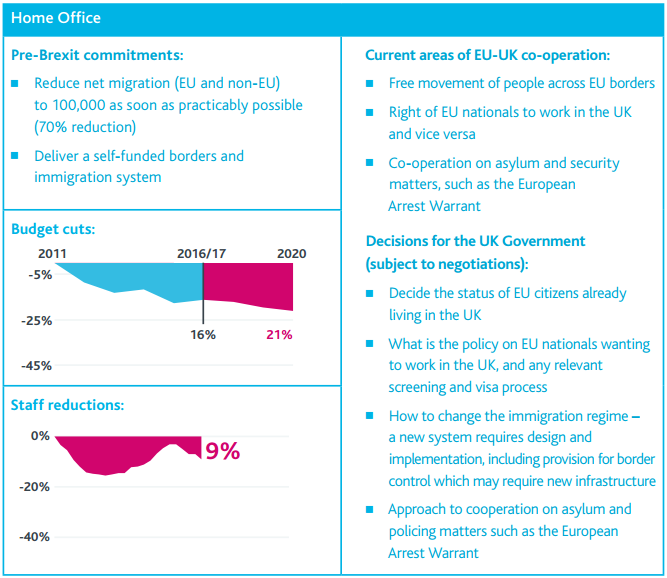Can the Home Office cope with three million EU residents?
Hilary Benn MP believes the Home Office faces a serious challenge in attempting to register the three million EU residents

Hilary Benn MP believes the Home Office faces a serious challenge in attempting to register the three million EU residents currently living in the UK. Euan McCarthy explains the scale of that challenge.

